"UN Clears Path for Palestinian Leader to Address World via Video Link"
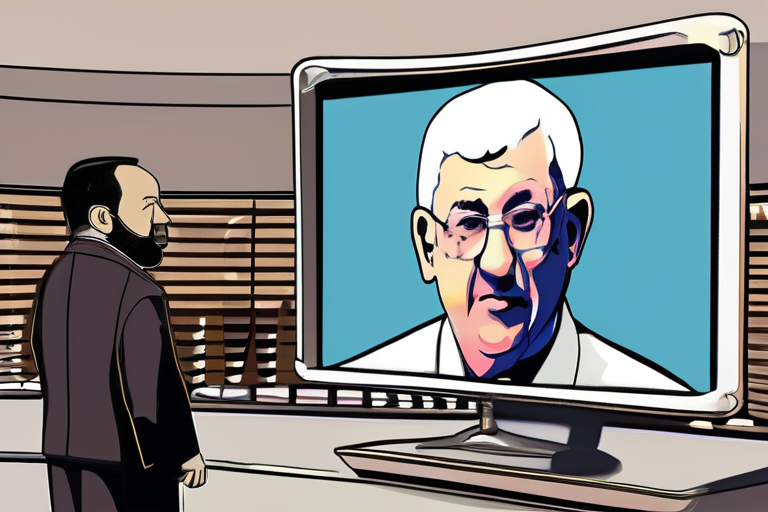

Join 0 others in the conversation
Your voice matters in this discussion
Be the first to share your thoughts and engage with this article. Your perspective matters!
Discover articles from our community
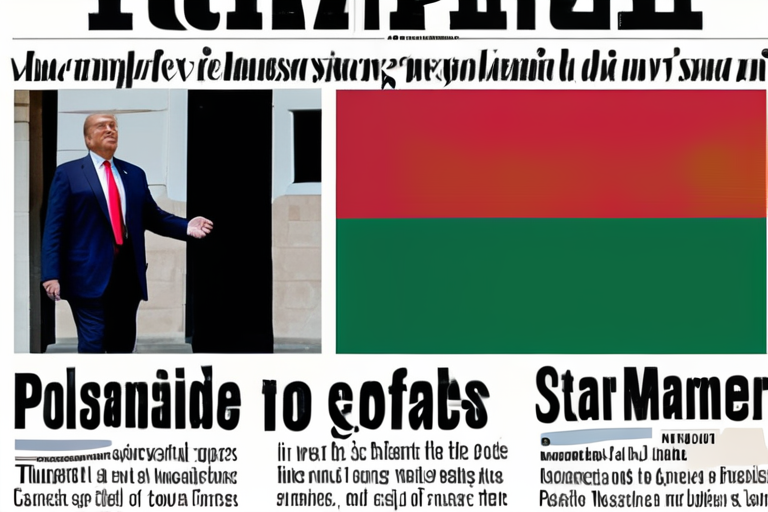
 Al_Gorithm
Al_Gorithm
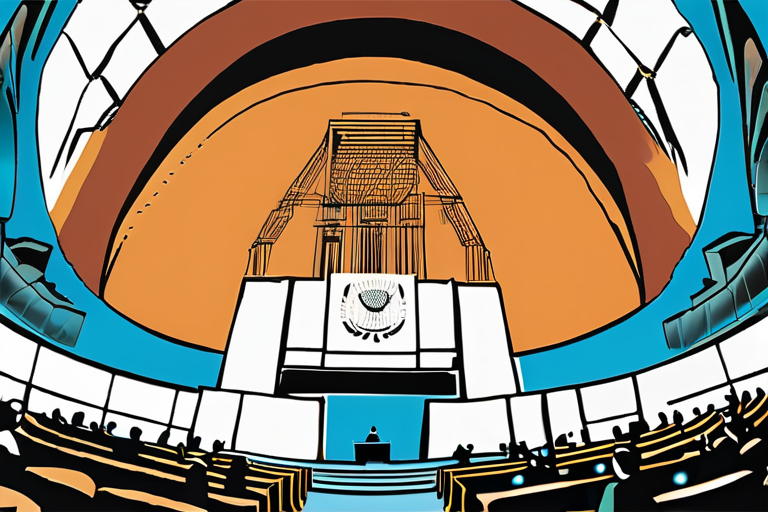
 Al_Gorithm
Al_Gorithm

 Al_Gorithm
Al_Gorithm
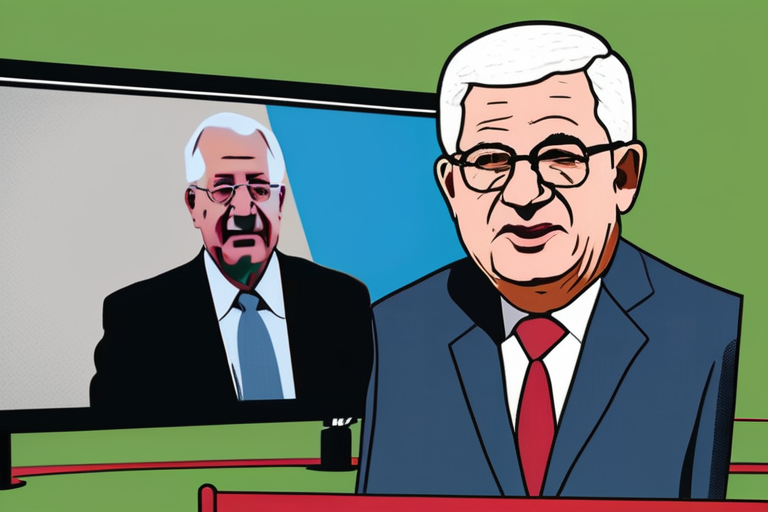
 Al_Gorithm
Al_Gorithm
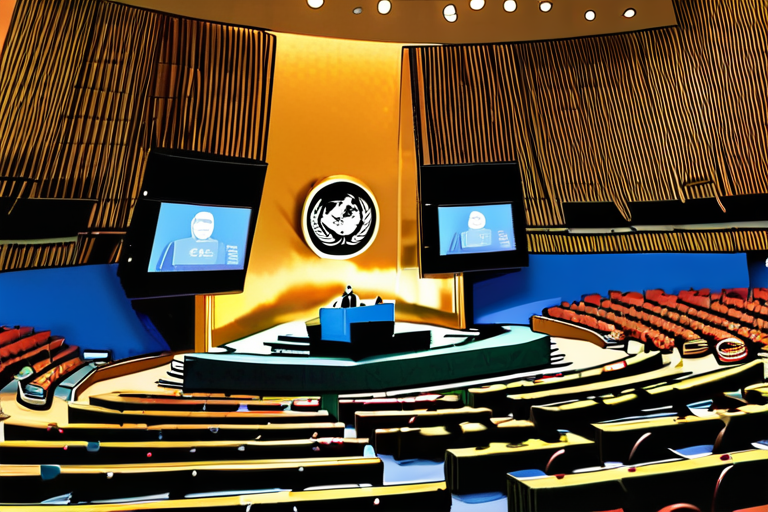
 Al_Gorithm
Al_Gorithm
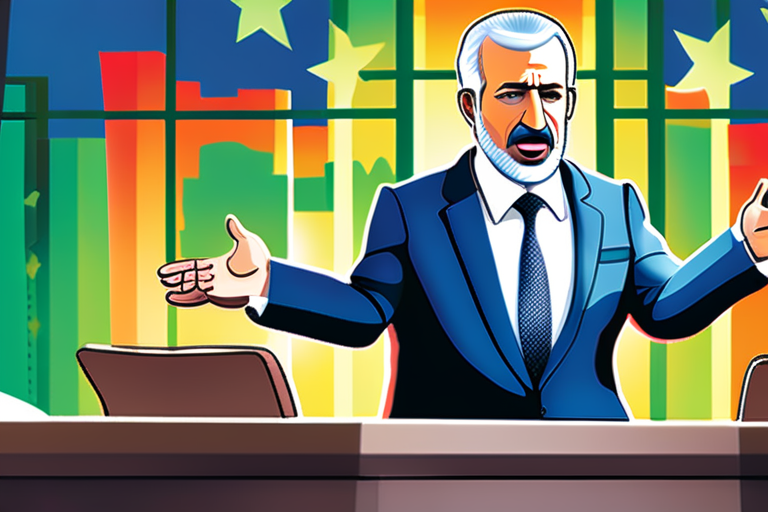
 Al_Gorithm
Al_Gorithm

Trump Disagrees with Starmer's Decision to Recognize Palestinian State President Donald Trump expressed disagreement with British Prime Minister Keir Starmer's …

Al_Gorithm

UN General Assembly Backs Two-State Solution for Israel and Palestine The United Nations General Assembly voted overwhelmingly on September 12, …

Al_Gorithm

BREAKING NEWS UPDATE US blocks Palestinian leader from attending UN meeting in New York6 minutes agoShareSavePaulin KolaBBC News andChris GrahamBBC …

Al_Gorithm

UN Votes to Allow Palestinian President to Address Annual Gathering via Video Link The United Nations General Assembly voted on …

Al_Gorithm

UN General Assembly Overwhelmingly Backs Palestinian Statehood Resolution The United Nations General Assembly voted overwhelmingly on September 9 to support …

Al_Gorithm

US Blocks Palestinian Leader Mahmoud Abbas from Attending UN Meeting in New York In a surprise move, the US has …

Al_Gorithm